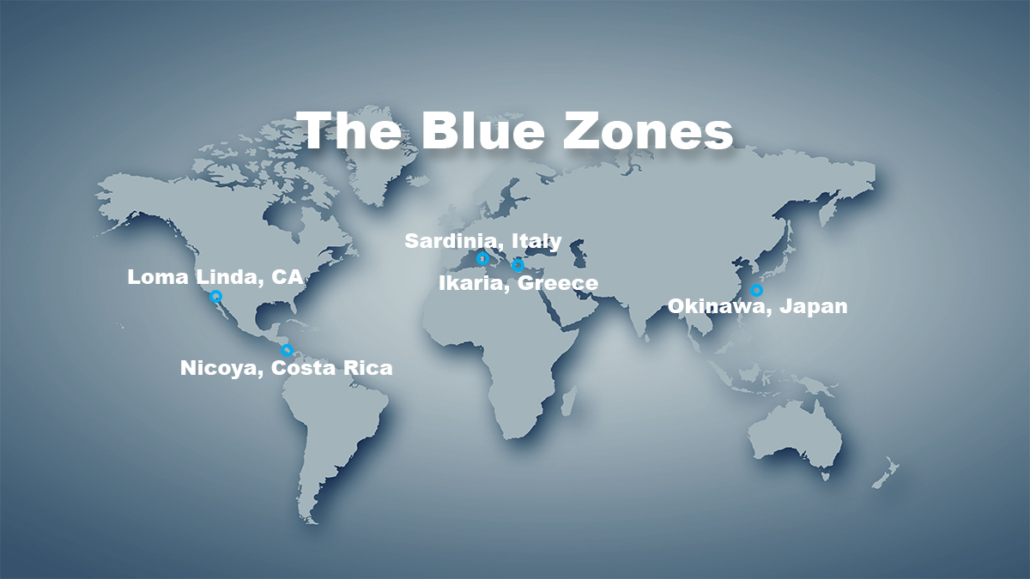Angelman Syndrome enters the public spotlight with global awareness campaigns, inspiring personal stories, and groundbreaking gene therapy trials. Learn how families, celebrities, and scientists are driving change in 2025.
April 2025 | WiseBodhi Health News
A rare neuro-genetic disorder is drawing renewed attention around the world. Angelman Syndrome (AS), a condition that affects brain development and causes severe neurological challenges, is now the focus of cutting-edge research, advocacy, and international support networks.
An estimated 1 in 12,000 to 20,000 people globally live with Angelman Syndrome, with many cases diagnosed in early childhood. Public awareness surged when actor Colin Farrell revealed that his son James has the condition — a gesture that helped humanize the disorder and amplify voices from families navigating similar journeys.
What is Angelman Syndrome?
Angelman Syndrome stems from a mutation or deletion in the UBE3A gene on chromosome 15, which is essential for healthy brain function. This disruption leads to a unique set of neurological and behavioral symptoms:
Severe developmental delays
Lack or minimal speech
Frequent laughter and happy demeanor
Movement and balance issues (ataxia)
Seizures, often starting before age three
Hyperactivity and sleep challenges
Fascination with water and sensory stimuli
Current Prevalence and Diagnosis
While rare, AS is identified globally across all ethnic groups. Diagnosis is generally made through genetic testing and brainwave analysis (EEG), usually prompted by early signs like speech absence or motor coordination issues.
Available Treatment and Global Support Facilities
Though incurable at present, therapeutic interventions offer significant support:
Speech therapy with AAC devices
Physical and occupational therapy
Anti-seizure medications
Structured learning environments and special education
Major institutions offering world-class AS care include Boston Children’s Hospital and other dedicated centers across Europe and Australia
Personal Stories that Inspire Change
Colin Farrell’s story has motivated countless families to speak out. Advocacy groups such as the Angelman Syndrome Foundation and FAST continue to amplify these voices, offering support and funding groundbreaking research.

Angelman Syndrome is more than a rare diagnosis — it’s a call for community, research, and resilient care. As public figures, scientists, and global institutions unite, a more hopeful path is emerging for affected children and their families.
From all of us at Wise Bodhi, our hearts go out to every individual and family navigating the journey of Angelman Syndrome. We honor your resilience, your stories, and the hope you continue to inspire around the world.














